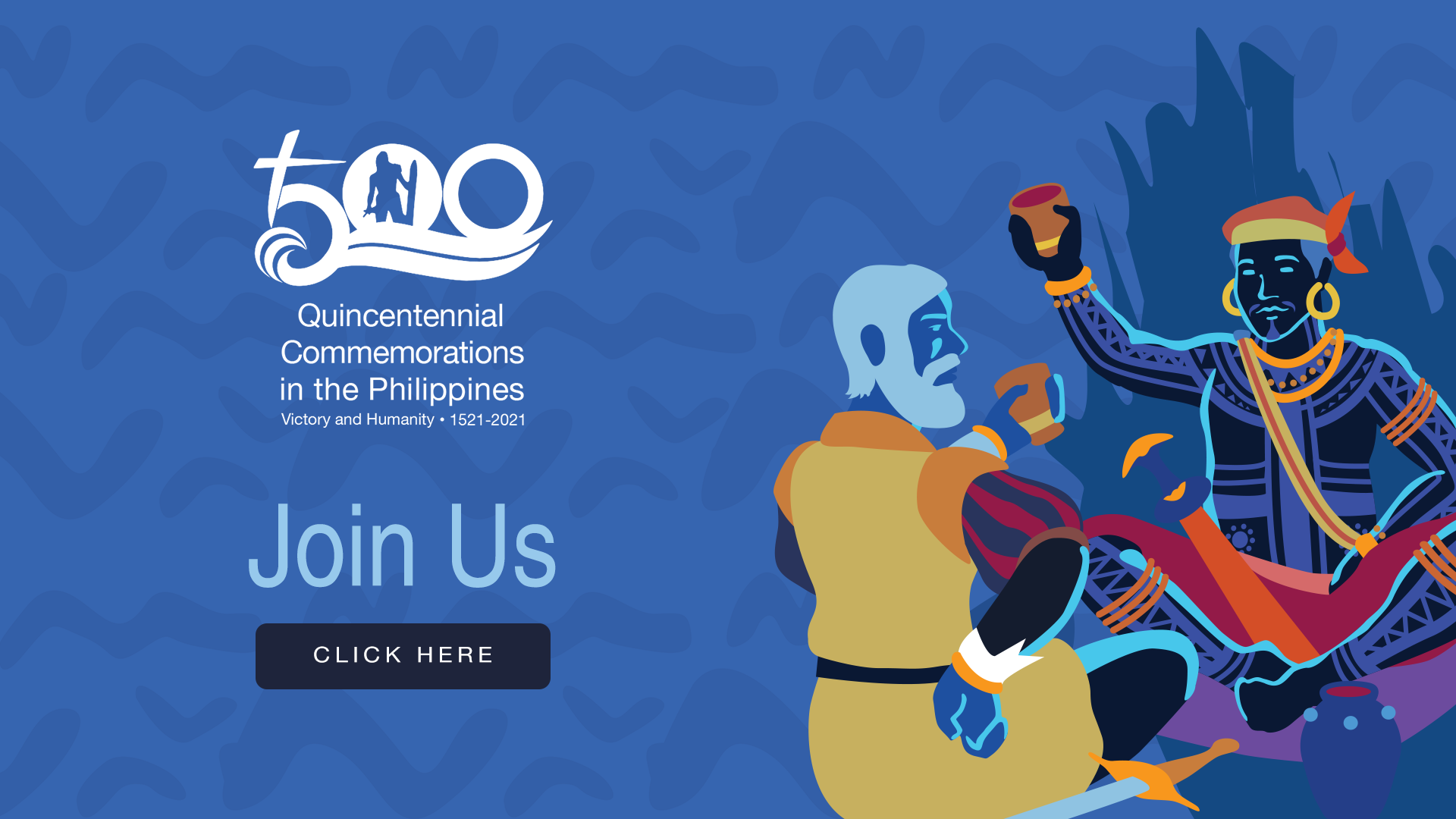Scott: Reconstructing Philippine Pre-Colonial History
Posted on 10 July 2021
By Rene R. Escalante, Ph.D.
Message for the birth centenary of William Henry Scott (10 July 2021)
Most of us were taught that Philippine History only began when Magellan arrived in our country in 1521. This is wrong. Because of this, there is a need to intensify our campaign to correct this myth in our life as a nation. It is for this reason that the Philippine Government declared the year 2021 as the Year of Filipino Pre-Colonial Ancestors. Moreover, the 2021 Quincentennial Commemorations in the Philippines are rebranded to favor the lens and voice of the Filipinos in revisiting the 500th anniversary of the Philippine part of the first circumnavigation of the world by not calling it the “discovery of the Philippines” nor “the arrival of Ferdinand Magellan.”
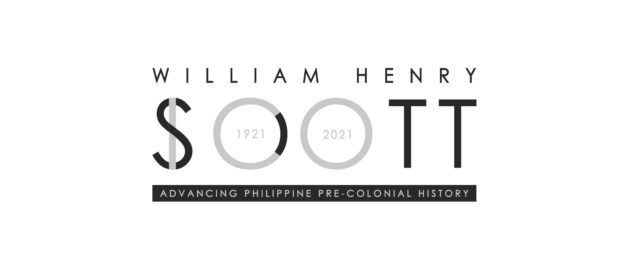
We have an exciting history before 1521. And we owe a part of our knowledge of the so-called pre-colonial history to an American who is considered Filipino by heart. I am referring to the Episcopal missionary and historian William Henry Scott, whose birth centenary is being commemorated today, July 10, 2021. Owing to the pandemic, we cannot unveil our humble gesture to glorify him through a historical marker courtesy of the National Historical Commission of the Philippines. But thanks to current social media platforms, we can still commemorate his birth centenary through online activities spearheaded by the National Quincentennial Committee or NQC.

The NQC owes to Scott’s bodies of work our baseline in grounding our thrusts, perspectives, and programs when we commemorated the quincentennials of Victory at Mactan and other related events. He made us realize that a historian can join the league of archaeologists, anthropologists, linguists, and ethnographers in reconstructing Philippine pre-colonial history. He was brave enough to charter the domain of a historian by entering the world of our ancestors before the Spanish colonization despite the dearth of historical sources. He was able to find out that our ancestors participated in the Muslim campaign in Sumatra by becoming part of the Muslim armada of the Ottoman Empire under the command of the governor of Islamic Egypt and the retaking of Melaka from the Portuguese in 1539; that in Palawan, the surviving crew of the Magellan-Elcano expedition after the Battle of Mactan, met a Portuguese-speaking native; and that the young Rajah Matanda of Manila had acquainted the said crew of Magellan in Brunei 500 years ago and not only that—the rajah had a Spanish-speaking servant whom he instructed to assist the expedition in the latter’s journey to the Maluku, the goal of the Magellan-Elcano expedition.
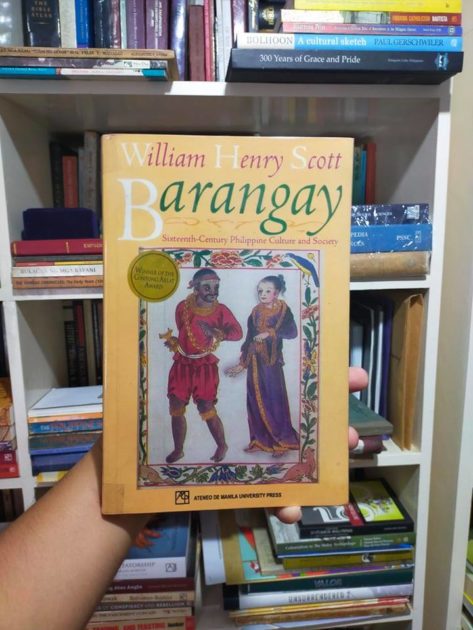
He may be American by blood but he became Filipino in soul. He was denied Filipino citizenship because of his activism in our country and his stand against U.S. intervention in Philippine affairs. But to the academics, especially Filipino historians, his contribution was great. Using pre-Hispanic sources like the Chinese records from the Ming dynasty and the Portuguese accounts before the arrival of the Magellan-Elcano expedition in the Philippine waters 500 years ago, he was able to reconstruct the exciting yet unknown history of our ancestors, decades before the Spanish colonization of the Philippine in 1565.
May Scott continue to inspire us, Filipinos, to discover the world of our ancestors. Thank you and keep safe always.
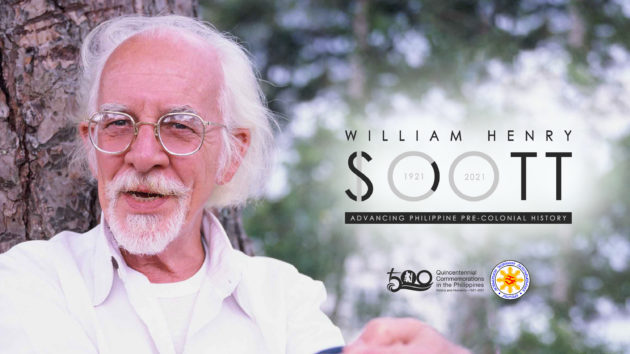
Rene R. Escalante, Ph.D. is the Chairperson of the National Historical Commission of the Philippines and concurrently the Executive Director of the National Quicentennial Committee.
